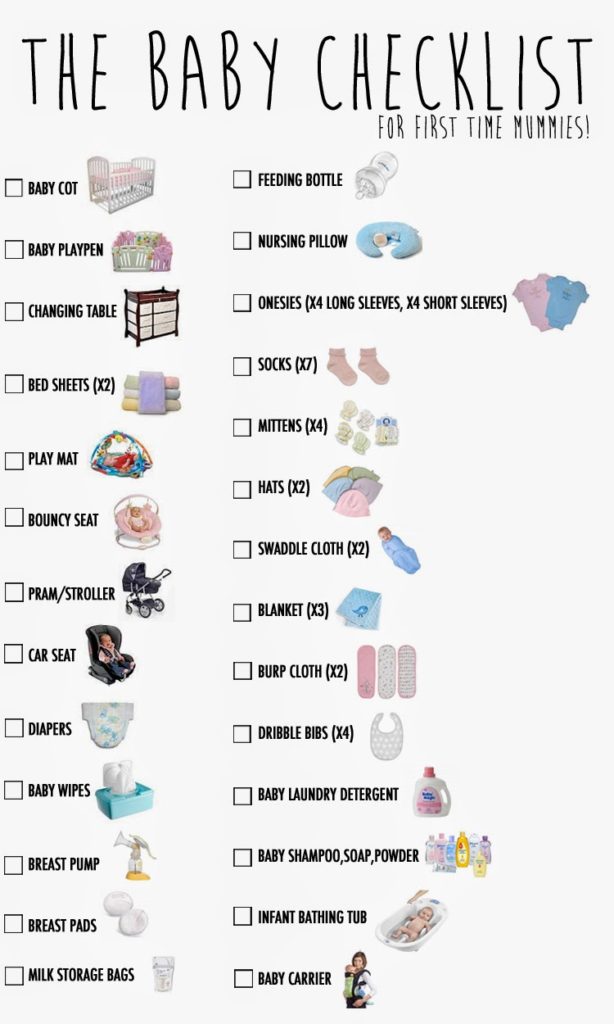(ARA) – In these tough economic times, families may be putting themselves at risk by placing more value on the man of the house. Women are less likely than men to have life insurance, and if they die their families could be thrown into financial chaos.
“Underinsuring the female, whether she is a working or stay-at-home mom makes no more sense than underinsuring the male. There are just too many uninsured couples putting their families at risk,” says Beth Wood, assistant vice president of business and women’s markets at Massachusetts Mutual Life Insurance Company (MassMutual).
It may be difficult for families to discuss the sensitive issue of life insurance, but MassMutual has developed a Family Risk Discussion Guide to help families begin the conversation. The guide is available at www.massmutual.com/women/.
“Almost two-thirds of today’s families depend on two incomes to make ends meet, according to the latest figures from the Bureau of Labor Statistics. If you died suddenly, could your family maintain their standard of living — pay off debt, save for college and set aside money for retirement — on your husband’s income alone? Probably not,” says Marvin H. Feldman, president and CEO of the LIFE Foundation — the nonprofit life and health insurance foundation for education.
Life insurance pays a generally tax-free, lump sum benefit if the person who is insured dies while the policy is in force. Whole life insurance also offers a cash value that is guaranteed to grow each year. The cash value can be used for such things as mortgage payments, retirement funding, education, or emergency expenses.
“On top of the guaranteed increase in cash value and a tax-free death benefit, whole life policyholders can also earn dividends. These are just a few of the many ‘living benefits’ of a whole life insurance policy,” says John Vaccaro, vice president at MassMutual.
LIMRA — a worldwide association of insurance and financial services companies — reports only 36 percent of women are protected with group life insurance at work and only 40 percent have their own individual policies. LIMRA also says women who do have life insurance on average have much less coverage than men.
“If a woman dies or becomes disabled and cannot work or take care of the family, her husband may have to cut back his hours to stay at home or hire someone to care for the children — and that makes financial matters worse,” says Wood.
If a family loses the benefit of a working mother’s salary and she is uninsured or underinsured, her husband may be forced to pay bills by dipping into the family’s retirement funds or using money he and his wife had saved for their children’s education. Disability income insurance is also available to replace a portion of lost income if an insured is disabled or too sick to work.
Women who do not work outside the home also bring extraordinary value to the family, says Wood. According to the May 2008 Mom Salary survey from Salary.com, a stay-at-home mom brings $116,805 in services to the family each year — from cooking and cleaning to shopping, shuttling children around and a range of other domestic duties.
“If something were to happen to a stay-at-home mom you would still have to replace her contribution to the household. She may not work outside the home but she works inside the home and the cost to pay someone to do what she does is huge,” says Wood.
Wood says many women are uninsured or underinsured because families don’t want to talk about what will happen and how the family will pay its bills if the mother dies.
“People don’t generally deal with this difficult issue. It’s the last thing they talk about, so stereotypes and misconceptions get passed on from one generation to the next. People may make the same decision their parents made — they believe the man is the breadwinner and that is the only income you protect. That is a very risky practice,” she says.









